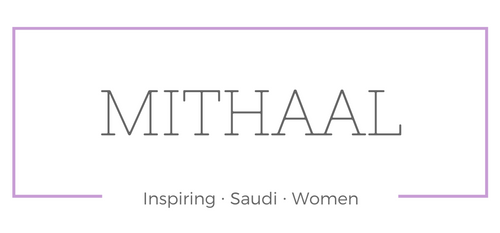Arab Woman Awards KSA 2014 Winners Honored
/This past February, The Arab Woman Awards KSA 2014 winners were honored at a gala reception at the Faisaliah Hotel here on Sunday evening. The ceremony was attended by over 300 women from the Kingdom.
This ceremony marks the first ever Arab Woman Awards to be held in the Kingdom, the awards have been held in three other GCC countries in the past five years including the United Arab Emirates, Kuwait and Qatar.
The awards taking place in Saudi Arabia this year, aim to provide a culturally acceptable platform to recognize 16 inspirational winners from diverse fields including business, education, literature, entrepreneurship, humanitarian sciences, art and sashion.
“Since launching in the UAE in 2009, the Arab Woman Awards have recognized some of the region’s most outstanding women and provided a platform for further achievements. Accordingly, it was an honor to be asked to be the patron of the inaugural Arab Woman Awards in the Kingdom of Saudi Arabia. I am pleased to see these awards highlighting the endeavors of many hardworking Saudi women in their various fields, and also providing inspiration for the next generation of young Saudi women," said Princess Reema Bandar Al-Saud, patron of the Arab Woman Awards KSA 2014.
Princess Lolowah Al-Faisal was acknowledged as KSA’s education winner for the year 2014 while the Lifetime Achievement Award was presented to Samar Fatany.
“I am honored to be a holder of such a prestigious award which is a positive initiative that recognizes the achievements of women who have contributed to the progress and development of our beloved country," said Fatany.
Established in 2009 by ITP Consumer the Arab Woman Awards are now held annually in the UAE, Qatar and Kuwait with the addition of Saudi Arabia this year.
To date over 165 women have been recognized from sectors including business, education, art, medical, literature, sport, fashion, media and entrepreneurship.
The winners are selected following a three-month process by a private judging board. The KSA 214 board of judges was chaired by Princess Reema and included experts from different areas and representatives from across the Kingdom.
Full List of 2014 Winners
- Businesswoman: Huda Al Ghoson
- Education: HRH Princess Lolowah Al-Faisal Bin AbdulAziz
- Art: Manal Al Dowayan
- Entrepreneur: Lateefa Alwaalan
- Literature: Dr. Badria Al Bisher
- Sport: Sarah Attar
- Fashion Designer: Amina Al Jassim
- Young Designer: Maha Al Sudairi
- Medical: Dr. Suad Bint Mohamed Bin Amer
- Humanitarian: Suad Juffali
- Media: Haifaa Almansour
- Young Talent: Basmah Felemban
- Woman in Government: Dr. Thoraya Obaid
- Inspirational Arab Women of the year: Nashwa Taher
- Lifetime Achievement: Samar Fatany
- Special Recognition: HRH Sara Bint Faisal Al Saud
Published by Saudi Gazette
